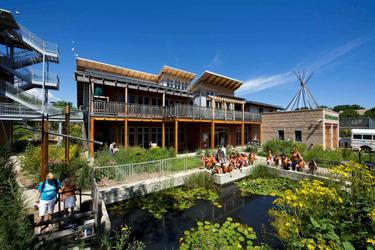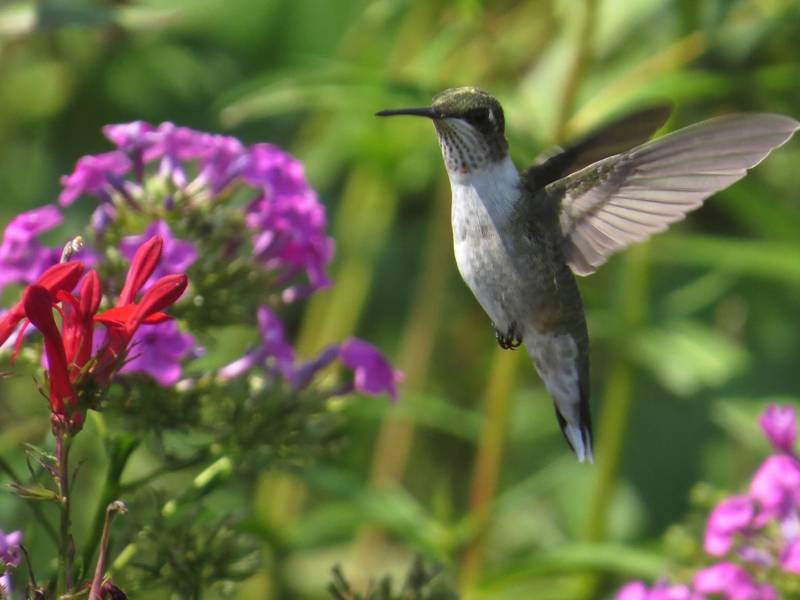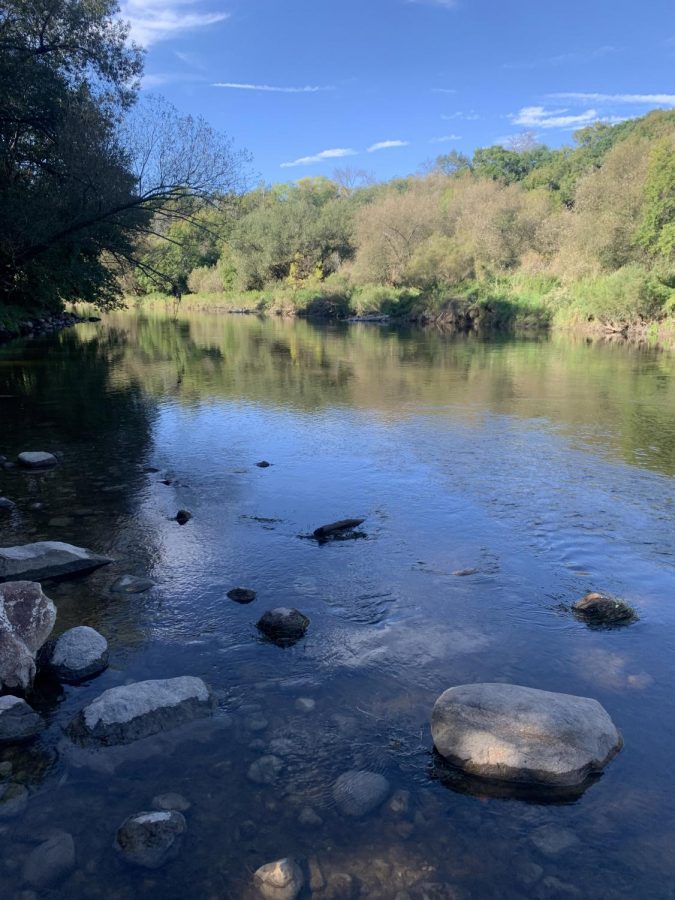It is now officially spring and Earth Day is almost upon us (on April 22). If you’d like to do something to honor our planet, but don’t have the time to commit to a whole day river clean-up, why not pay a visit to one of our three Urban Ecology Centers? With locations in Riverside Park, Washington Park and Menomonee Valley, there’s a spot for everyone. According to its mission statement, the center “fosters ecological understanding as inspiration for change, neighborhood by neighborhood.”
Concerned community members in Riverside Park who wanted to make a difference founded the Urban Ecology Center in 1991. They graduated from a double-wide trailer to their first full-scale community center in 2004. Washington Park and Menomonee Valley centers followed the opening of the Riverside location. As more urban dwellers become environmentally active and yearned to create green space amidst the concrete, the centers have garnered more interest. Together, they serve over 77,000 people every year and are growing strong.
The centers offer everything from cooking classes and sustainable coffee tastings to early morning bird watching walks. Plenty of volunteer opportunities are available as well, including the Land Stewardship program, the Neighborhood Environmental Education Program (NEEP) and special events. The Eat Local Resource Fair, held at the end of every summer, usually in September, offers samples from a smorgasbord of yummy treats from local vendors, who make their own—often organic—products from scratch.
They offer very reasonable annual memberships, which cost just $30 a year for college students. Those include access to rent their cross country skis or snowshoes in the winter. But since we are focusing on warmer times, look ahead to renting canoes, kayaks, tents or bikes when it’s a tad more comfortable out. The only requirement for access to boats is to attend a 30-minute water safety course. They hold several of these on different days, so there are plenty of chances to complete the course.
The Urban Ecology Center also has jobs and internships available. Currently, they have a research internship for credit listed on their website. The interested student would have the opportunity to conduct research in a “network of urban field sites.” The areas of research are intriguing to say the least, and bat monitoring, small mammal survey and population work and human impacts on park ecology are just a few of the topics covered.
To find out about everything going on and then some at any of the Urban Ecology Centers, visit their website at urbanecologycenter.org.









